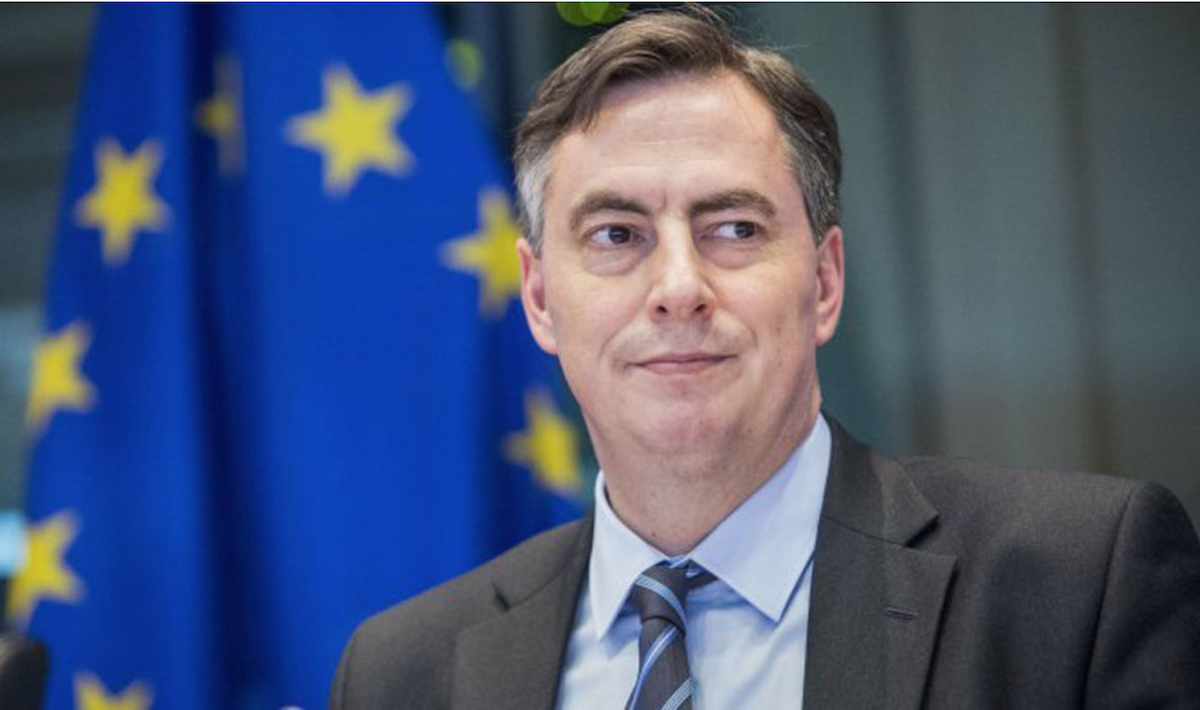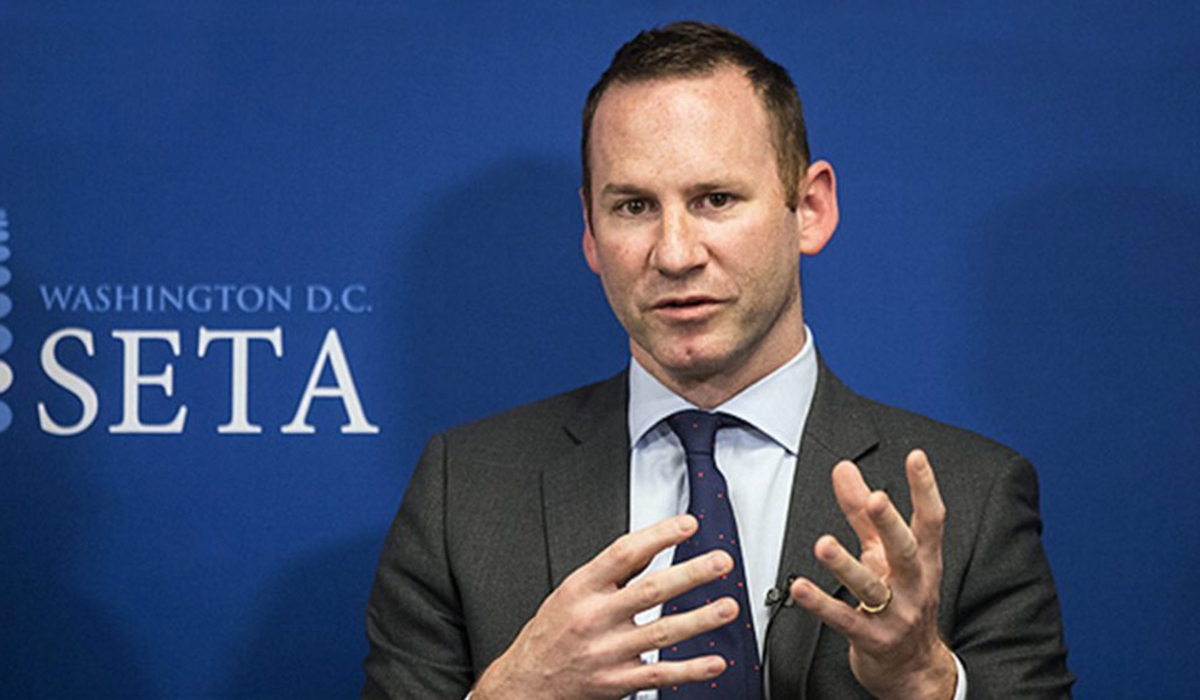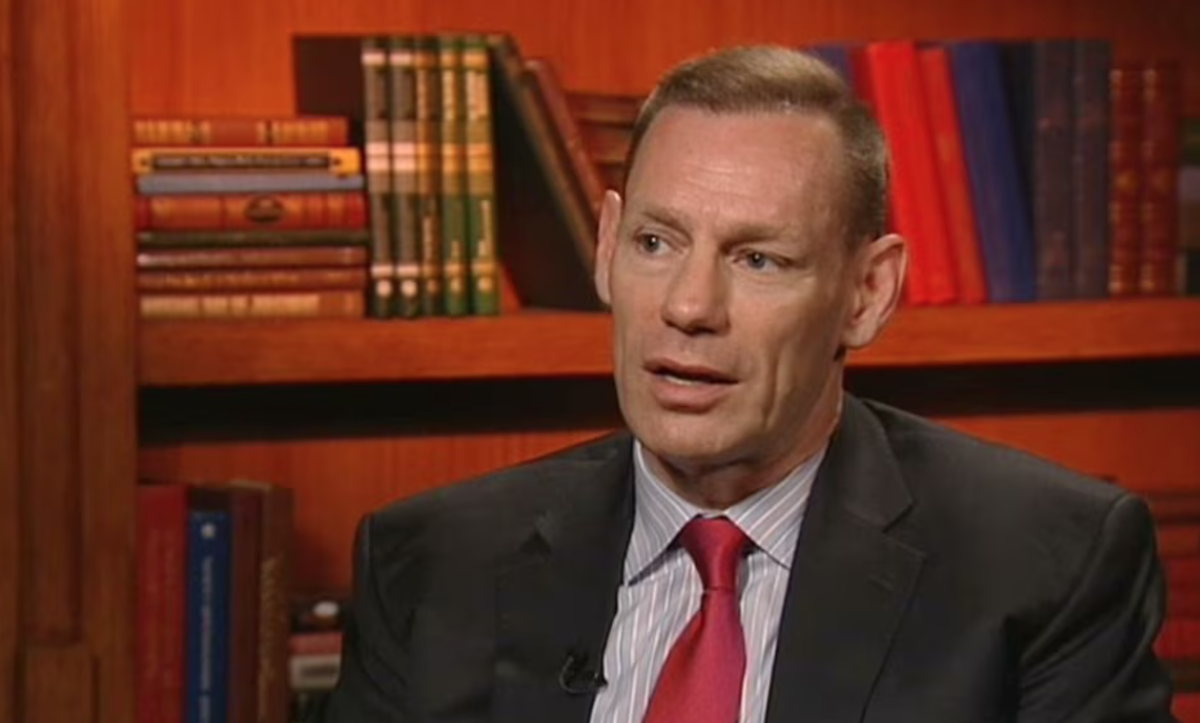John Herbst: 'Georgian Dream is discredited—we see submission to Moscow's demands'
John Herbst slams Georgian Dream
American diplomat and director of the Atlantic Council’s Eurasia Center, John Herbst, shared his insights on Georgian-American relations and the recent visit of Georgia’s fifth president, Salome Zourabichvili, to the United States in an interview with Voice of America. Herbst noted that the absence of Georgian Dream representatives at President Trump’s inauguration underscores the new administration’s recognition that the Georgian Dream government is discredited.
He emphasized that U.S.-Georgian relations have been steadily deteriorating in recent years, citing intensified repression and anti-Western rhetoric under Georgian Dream’s leadership.
Salome Zourabichvili attended a pre-inaugural Republican Party event at the invitation of Donald Trump Jr., where she met with members of Trump’s future cabinet, including Secretary of State nominee Marco Rubio and Secretary of Defense nominee Pete Hegseth.
She is also set to attend President Trump’s inauguration on January 20, at the invitation of Congressman Joe Wilson.
Key takeaways from Herbst’s interview
On non-recognition of Georgian government
Herbst stressed the importance of not recognizing the Georgian Dream government:
“I believe there are strong reasons for this. I have great respect for Congressman Wilson (the initiator of the law on non-recognition of Georgian Dream’s government). However, I must also note that the Biden administration and many European governments were slow to respond to the serious election violations in Georgia last fall and have yet to take a firm stance on the election results.
Nonetheless, they have strongly criticized Georgian Dream’s repression, which has lasted for about four weeks and targeted Georgians protesting the parliamentary election results and the government’s decision to suspend EU membership negotiations.
Over the past few years, U.S.-Georgian relations have been heading in the wrong direction. Under Georgian Dream, domestic repression has intensified, and there has been a rise in anti-Western rhetoric, particularly toward the United States.
We are witnessing a troubling deference by Georgian Dream to Moscow’s demands and positions. This is both surprising and deeply concerning. Our relations are likely at their lowest point since the early 1990s.”
On Biden administration
“[The Biden administration] should have condemned the election violations more clearly and decisively. Instead of waiting for the repression that followed, they should have imposed sanctions for the violations themselves. When significant sanctions were finally introduced, they targeted Bidzina Ivanishvili but not Georgian Prime Minister Irakli Kobakhidze, who is clearly, at the very least, a junior partner to Ivanishvili in these negative actions.
I and others working in the Caucasus region discussed sanctions with the administration. It’s evident they mistakenly believed that private conversations could persuade officials in Tbilisi to take the right steps.
But these efforts clearly failed. If a timely and strict sanctions policy had been implemented, I suspect the situation wouldn’t have deteriorated to the level we see today.
I think [sanctions against Ivanishvili] will be part of meaningful change. But Ivanishvili cannot operate without his key ‘lieutenants.’ Therefore, the absence of sanctions against Kobakhidze, the chief enforcer of repression, is a problem with America’s current policy toward Georgia.
And it’s not just about Kobakhidze. There are others at the ministerial and deputy ministerial levels who have been involved in repression and election fraud, and they too must face consequences.”
On US-Armenia strategic partnership
“I wouldn’t say that America is ‘replacing’ Georgia with Armenia. It’s just that, following Azerbaijan’s clear aggression in 2020, Armenian policies have improved significantly.
I’ve been observing the South Caucasus for over 30 years, and I used to think that Armenia was the more uncompromising party in the Nagorno-Karabakh crisis.
However, about six years ago, I changed my view. Since then, the inflexibility has become more characteristic of Baku than Yerevan. This is a very important shift. I also believe the Armenian government has realized that its reliance on the Kremlin was a deeply detrimental policy.”
On parallels between Georgia and Belarus
“I wouldn’t draw parallels between them. Belarus has been under Moscow’s influence since the collapse of the Soviet Union. Georgia, on the other hand, miraculously freed itself from Moscow’s grip in the early days of its independence. In the early 1990s, even before Shevardnadze became president of Georgia, Russia began subsidizing anti-Georgian movements in Abkhazia, South Ossetia, and Adjara. After Shevardnadze assumed the presidency, we witnessed two assassination attempts against him, both seemingly orchestrated by the Kremlin.
Gradually, especially after the Rose Revolution, Georgia began to distance itself from Moscow and align with the West. This trajectory continued through the first two, three, or even four years of Ivanishvili’s era. However, now Georgia is slowly, but noticeably, drifting back into Moscow’s sphere of influence.”
John Herbst slams Georgian Dream






















